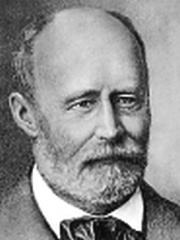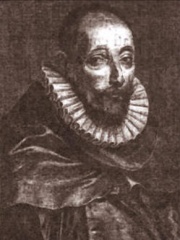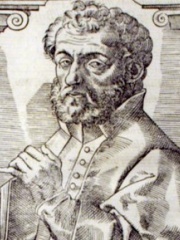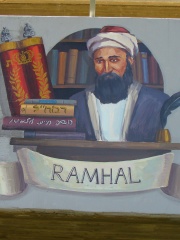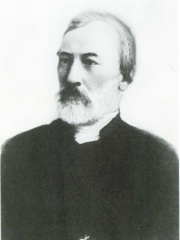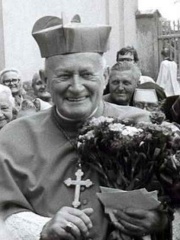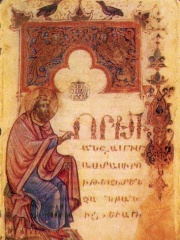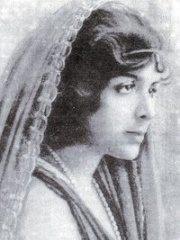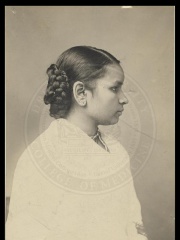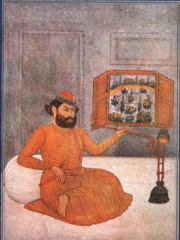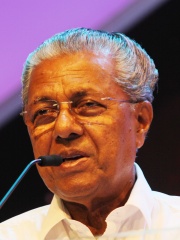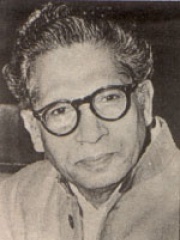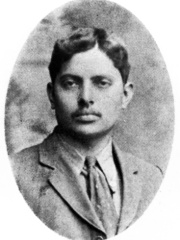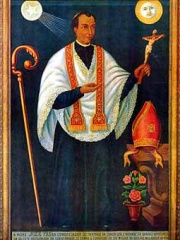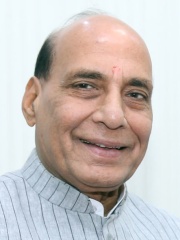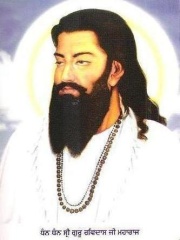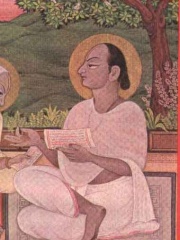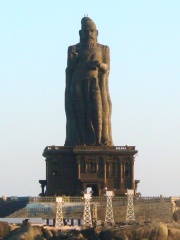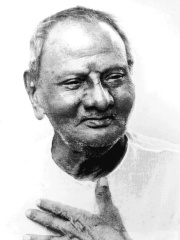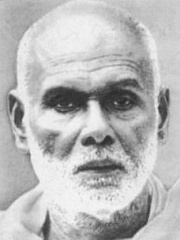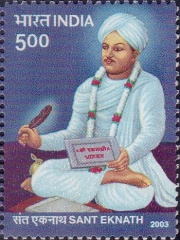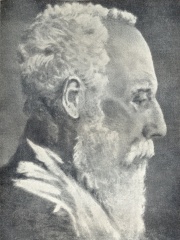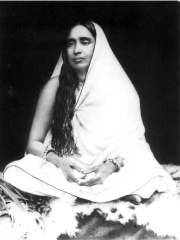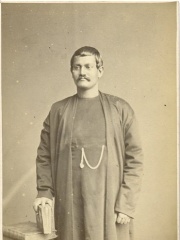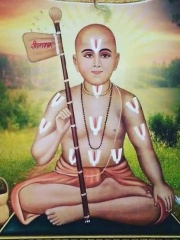Filozófus
Rishabhanatha
HU.WIKIPEDIA PAGE VIEWS (PV)
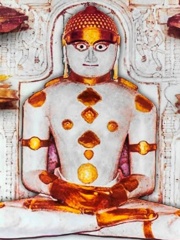
 Rishabhanatha
Rishabhanatha
Életrajza 26 különböző nyelven érhető el a Wikipédián. Rishabhanatha a 827th legnépszerűbb filozófus (csökkenés a 790th-ről 2024-ben), a 363rd legnépszerűbb életrajz India országából (csökkenés a 313th-ről 2019-ben) és a 35th legnépszerűbb Indiaból filozófus.
Memorability Metrics
Page views of Rishabhanatha by language
Among Filozófuses
Among filozófuses, Rishabhanatha ranks 827 out of 1,267. Before him are Paul de Lagarde, Francisco Sanches, Hecataeus of Abdera, George of Trebizond, Moshe Chaim Luzzatto, and John Italus. After him are Konstantin Leontiev, Metrocles, Leo Löwenthal, Charondas, František Tomášek, and David the Invincible.
Most Popular Filozófuses in Wikipedia
Go to all RankingsPaul de Lagarde
1827 - 1891
HPI: 61.55
Rank: 821
Francisco Sanches
1550 - 1623
HPI: 61.54
Rank: 822
Hecataeus of Abdera
400 BC - 300 BC
HPI: 61.49
Rank: 823
George of Trebizond
1395 - 1472
HPI: 61.49
Rank: 824
Moshe Chaim Luzzatto
1707 - 1746
HPI: 61.47
Rank: 825
John Italus
1025 - 1112
HPI: 61.45
Rank: 826
Rishabhanatha
HPI: 61.40
Rank: 827
Konstantin Leontiev
1831 - 1891
HPI: 61.37
Rank: 828
Metrocles
400 BC - 300 BC
HPI: 61.36
Rank: 829
Leo Löwenthal
1900 - 1993
HPI: 61.36
Rank: 830
Charondas
600 BC - 600 BC
HPI: 61.32
Rank: 831
František Tomášek
1899 - 1992
HPI: 61.32
Rank: 832
David the Invincible
600 - 600
HPI: 61.32
Rank: 833
In India
Among people born in India, Rishabhanatha ranks 363 out of NaN. Before him are Dnyaneshwar (1275), Shahid Kapoor (1981), Rattanbai Jinnah (1900), Anandi Gopal Joshi (1865), Mir Taqi Mir (1723), and Pinarayi Vijayan (1945). After him are Harivansh Rai Bachchan (1907), Kenneth Anderson (1891), Harilal Gandhi (1888), Joseph Vaz (1651), Prakash Raj (1965), and Rajnath Singh (1951).
Others born in India
Go to all RankingsDnyaneshwar
WRITER
1275 - 1296
HPI: 61.57
Rank: 357
Shahid Kapoor
ACTOR
1981 - Present
HPI: 61.56
Rank: 358
Rattanbai Jinnah
SOCIAL ACTIVIST
1900 - 1929
HPI: 61.56
Rank: 359
Anandi Gopal Joshi
RELIGIOUS FIGURE
1865 - 1887
HPI: 61.45
Rank: 360
Mir Taqi Mir
WRITER
1723 - 1810
HPI: 61.43
Rank: 361
Pinarayi Vijayan
POLITICIAN
1945 - Present
HPI: 61.42
Rank: 362
Rishabhanatha
PHILOSOPHER
HPI: 61.40
Rank: 363
Harivansh Rai Bachchan
WRITER
1907 - 2003
HPI: 61.28
Rank: 364
Kenneth Anderson
MILITARY PERSONNEL
1891 - 1959
HPI: 61.26
Rank: 365
Harilal Gandhi
SOCIAL ACTIVIST
1888 - 1948
HPI: 61.22
Rank: 366
Joseph Vaz
RELIGIOUS FIGURE
1651 - 1711
HPI: 61.20
Rank: 367
Prakash Raj
ACTOR
1965 - Present
HPI: 61.19
Rank: 368
Rajnath Singh
POLITICIAN
1951 - Present
HPI: 61.17
Rank: 369
Among Filozófuses In India
Among filozófuses born in India, Rishabhanatha ranks 35. Before him are Ravidas (1450), Vallabha (1479), Thiruvalluvar (350), Nisargadatta Maharaj (1897), Narayana Guru (1855), and Eknath (1533). After him are Kumārila Bhaṭṭa (700), Jaimini (-390), Debendranath Tagore (1817), Sarada Devi (1853), Keshub Chandra Sen (1838), and Ramananda (1400).
Ravidas
1450 - 1520
HPI: 63.85
Rank: 29
Vallabha
1479 - 1531
HPI: 63.23
Rank: 30
Thiruvalluvar
350 - 351
HPI: 62.34
Rank: 31
Nisargadatta Maharaj
1897 - 1981
HPI: 62.04
Rank: 32
Narayana Guru
1855 - 1928
HPI: 61.88
Rank: 33
Eknath
1533 - 1599
HPI: 61.83
Rank: 34
Rishabhanatha
HPI: 61.40
Rank: 35
Kumārila Bhaṭṭa
700 - 700
HPI: 61.09
Rank: 36
Jaimini
390 BC - Present
HPI: 60.42
Rank: 37
Debendranath Tagore
1817 - 1905
HPI: 59.69
Rank: 38
Sarada Devi
1853 - 1920
HPI: 59.61
Rank: 39
Keshub Chandra Sen
1838 - 1884
HPI: 59.58
Rank: 40
Ramananda
1400 - Present
HPI: 59.54
Rank: 41
